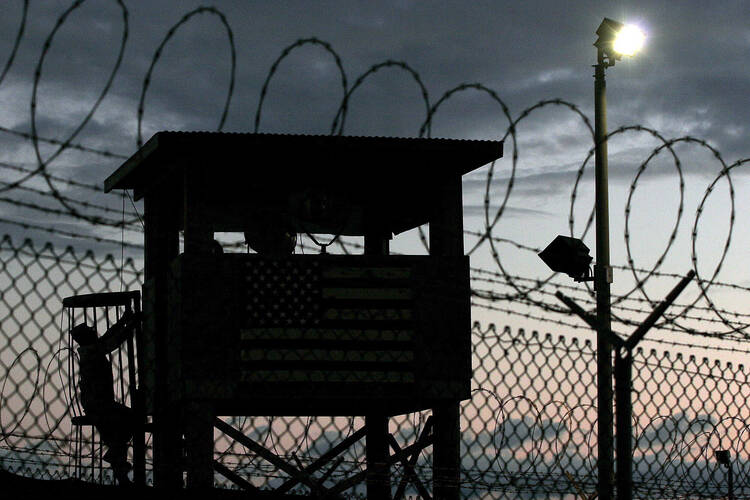The United States strives to both honor and assist our wounded veterans; but how do we treat our enemies? One of the most unfortunate legacies of modern warfare is post-traumatic stress disorder: the cumulative, painful psychological damage that lingers tenaciously in its embattled victims for years. Its symptoms include disorientation, anxiety, memory loss, nightmares and pounding headaches. Recent research by The New York Times reveals that the United States, in its torture of at least 39 prisoners at nine C.I.A. “black sites” and Guantánamo Bay, has rendered at least half of them psychologically impaired.
Interrogators stripped the inmates naked, knocked or threw them against walls, suspended them from ceilings, blasted them with rock music and rolled them in their own excrement. According to Hussein Al-Marfadi, released without charges after 12 years, “They killed our youth in Guantánamo and then tossed us away like garbage.” Omar Khadr, a Canadian citizen, wounded and caught after a firefight at age 15, was kept sleepless and threatened with rape until he pleaded guilty to throwing a hand grenade that killed a medic in Afghanistan.
These details should shame all Americans. Torture is both immoral and a violation of international law. Use of these tactics is an incentive for our enemies to commit the same crimes. The social critic Murray Polner recently wrote in a letter to The New York Times: “I wonder anew why those in high places who authorized torture and those who carried it out have never been punished. Equal justice for all?” Given the temptation to abandon accountability in order to avoid unpleasant truths about the conduct of the United States, this reminder is worth hearing.








